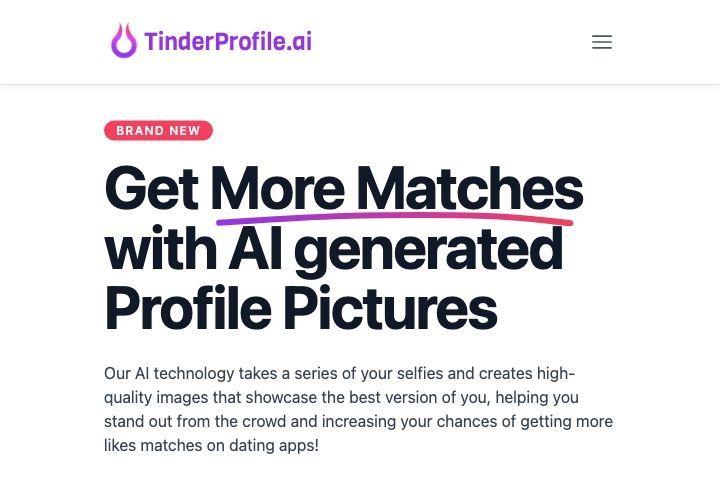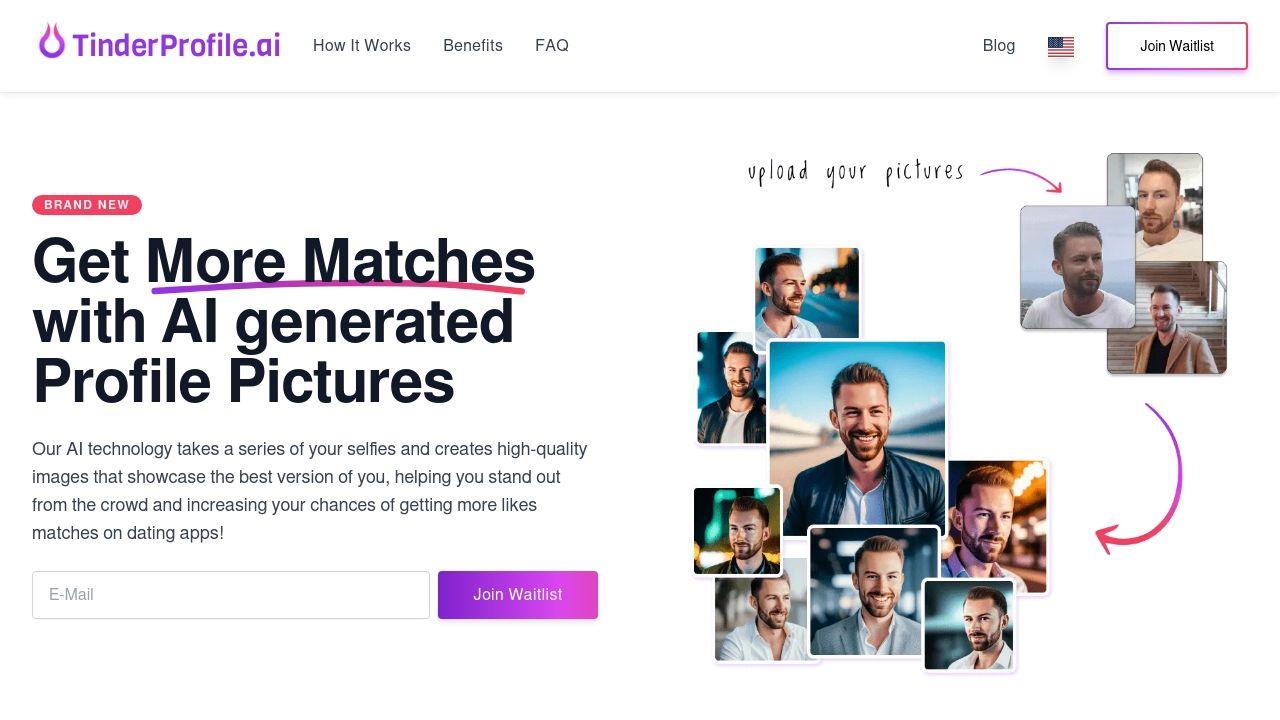Amanda Smith is a freelance journalist and writer. She reports on culture, society, human interest and technology. Her stories hold a mirror to society, reflecting both its malaise and its beauty. Amanda's work has been published in National Geographic, The Guardian, Business Insider, Vice, News Corp, Singapore Airlines, Travel + Leisure, and Food & Wine. Amanda is an Australian living in the cultural center of gravity that is New York City.
I'm a sucker for selfies, but getting glammed up for a photoshoot can zap the personality right out of me. I overthink how to smile and stand, and turn into Chandler. My last shoot was directed by a photographer, but that was five years ago. It's time for a new headshot.
But this time, I didn't have the colorful streets of Antigua, Guatemala, as my backdrop. With no trips coming up, I decided to test out an artificial intelligence tool with a goal in mind: to generate a new headshot or set of professional images that looked real, not like a caricature of me.
I chose HeadshotPro because I liked the natural look of the photos, it seemed like a popular tool and I realized I follow its founder -- AI entrepreneur Danny Postma -- on X. It was founded in the Netherlands in March 2023 and is used used by many well-known global brands and institutions.
HeadshotPro's pricing is a three-tier structure: 40 headshots for $29, 100 headshots for $39 or 200 headshots for $59. I actually liked that it's a paid platform because there always seems to be a catch with free tools. There's also a 1- to 3-hour turnaround with HeadshotPro, which might not work for everyone, but I was curious about why it wasn't instant and what it could produce.
There are no free trials or subscription fees. It's a one-off cost, but it will refund the fee if you're unsatisfied with the results.
I signed up to HeadshotPro and set my login details. I chose the basic $29 plan and paid with my credit card. I checked my email for the instructions. HeadshotPro guaranteed I'd find three to six profile-worthy headshots.
The tool advises you to have at least 10 minutes to work on it and to "make sure you look fresh" and take pictures in daylight or in a well-lit room. You then have to upload at least 15 photos for the AI to examine. You can either take new selfies to use or upload some of your older photos. It suggests making sure you're looking at the camera, have a clean background and a good angle, have your face take up at least 20% of the image, and be wearing a "professional expression."
I was in no state to take selfies, so I opted to upload a mix of photos from my last shoot and recent candid snaps. Different seasons, styles, hair colors and locations.
Out of the 15 I uploaded, only one was approved. It was hard to decipher why, so I decided to upload one at a time.
When I cropped the larger photos to just my head, it seemed to work.
Most of the candid photos were either too small or it couldn't recognize my full face because of the way I had tilted my head. I found a shortcut: In my iPhone albums, under People, Places & Pets, I clicked on my face. If Apple's AI can recognize my face in the photos, surely HeadshotPro could too.
There was a lack of consistency with what it determined to be a "bad" photo. My full face was showing in some photos, but they still weren't approved.
I also learned my camera roll is full of photos of me in sunglasses, and I always tilt my head when I pose. A good reminder to work on my posture.
But we got there in the end.
Next, onto the customization. HeadshotPro needed to know a little more about me, then my layout preferences.
It asked for my name, age, ethnicity, eye color and gender and then whether I wanted the background of my profile photo to be garden, marina, office, lake, cafe, kitchen, streets or bookshelf.
I could choose my portrait style or have the AI select for me. You can also choose from a few different outfit types -- it picked a turtleneck, which I don't think I've ever worn in my life, so I chose one myself. I selected the one that looked like New York City in the background, then got to pick my outfit.
I was looking for a bohemian-but-professional style. I didn't dare trust AI to put me in an off-the-shoulder dress, so I went with a classic white tee.
I quickly looked at HeadshotPro's T&Cs and noticed they don't use the photos to train their algorithm. Good to see!
Now we wait. It said it would take approximately 2 hours, but I received the email with the completed photos in just over an hour.
I was slightly nervous to see what AI thought I looked like, but I was pleasantly surprised with its capabilities.
Of the photos I liked (about half of them), it nailed my features. But it got right the crow's feet when I smile (too much time in the Aussie sun growing up), my balayage hair and even my favorite shades of lipstick.
There were definitely a few wonky ones, as to be expected. It overdid the bronzer, was inconsistent with my eye color, made me gaunt and overly wrinkly, and had awful style in some.
I asked my partner which ones she thought looked like me and we picked 17. When I showed her this photo, she said, "that's my girl."
Would I use this image as my headshot? Probably not. However, if you do, it's good practice to label photos that have been altered or assembled by AI.
No matter how good these tools get, I know it's not me. Call me old-fashioned, but I think we should keep photos real, imperfections and all.
Now this is me -- a photo taken by my photographer friend, not manipulated by a machine. I'm sure she made a joke to get that shot.


